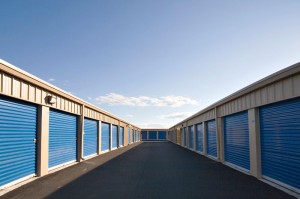 Decreasing Property Taxes: An Increase in Profit
Decreasing Property Taxes: An Increase in Profit
With an economy that’s continued to struggle over the past few years, owning property has had its roller coaster of business profits – as many of you know. Rents have been forced to be lowered and tenant regularity has decreased as well, which in turn increases operating costs (such as electricity and insurance costs), and decreasing the profits – also known as net operating income or NOI – a self storage facility can bring in.
As many storage facility owners have found, the biggest expense of all tends to be annual property taxes. Because of the continued success rate of storage properties, tax evaluations have come back higher and higher each year, cutting into our NOIs. Depending on the number of facilities you own, even the slightest increase can hit where it hurts the most: your wallet.
Disputing the Bill
Despite the continued increase in taxes, many facility owners have (although unwillingly) paid up. Without asking questions, they’ve written checks that dug into a decreasing profit margin. But, as a business owner, it’s your right to ask about these property taxes. As stated in Inside Self Storage’s article, “…you can – and should – look at challenging your property-tax valuation so you can reduce your property-tax bill and raise your overall profit.”
Inside also gives an example: If, in 2008 any given person owned a storage facility that brought in $280K and a tax value of $3.5 million (in this case the cap rate is 8 percent and property tax rate of $.01), their monthly property tax is coming in at $35K per year. Cap rates are now at 9 percent for most self storage facilities, but profit margins have decreased, while expenses have failed to decrease. What that means is you’re paying higher taxes while bringing in less money – cutting into your profits twice.
However, the downside here is that when your property tax valuation lowers, although cutting down what you owe, it will increase what the facility is worth. It’s important to sit down and hash out the numbers before changing your tax bill. But for many property owners, they’ll find that cutting costs is more than worth the increased value.
Leave a Reply
You must be logged in to post a comment.